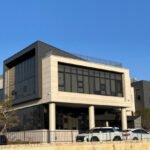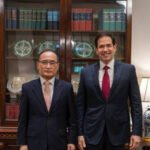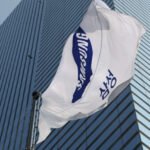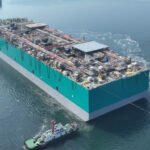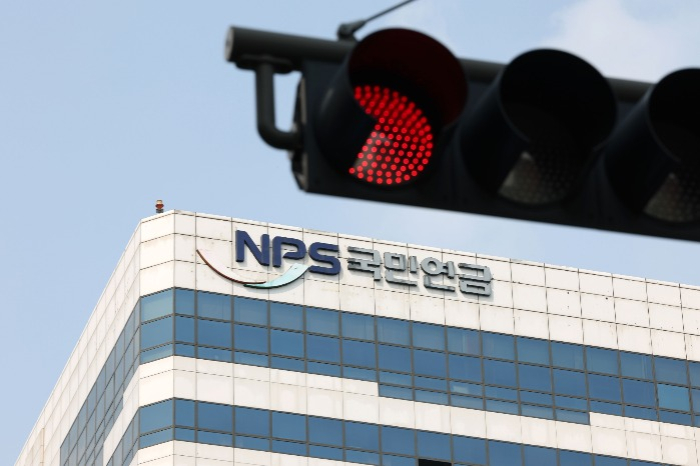
South Korea’s National Pension Service (NPS), the nation’s biggest institutional investor, could lose more than 1 trillion won ($692 million) from its investment in Homeplus Co., a major local hypermarket chain operator hamstrung by a financial crunch.
According to the investment banking industry on Thursday, the NPS invested 600 billion won in redeemable convertible preferred shares (RCPS) of Homeplus in 2015, when MBK Partners acquired a 100% stake in the retailer for 7.2 trillion won from British retailer Tesco Plc.
The buyout deal, then MBK’s biggest acquisition and the largest leveraged buyout (LBO) transaction in Asia, was financed by the North Asia-focused private equity firm’s 2.2 trillion won in equity, 700 billion won in Homeplus RCPS and the remaining through acquisition financing.
Other financial investors, including MG Community Credit Cooperatives, also own Homeplus RCPS worth 100 billion won.
MEZZANINE DEBT WITH A LOWER PRIORITY
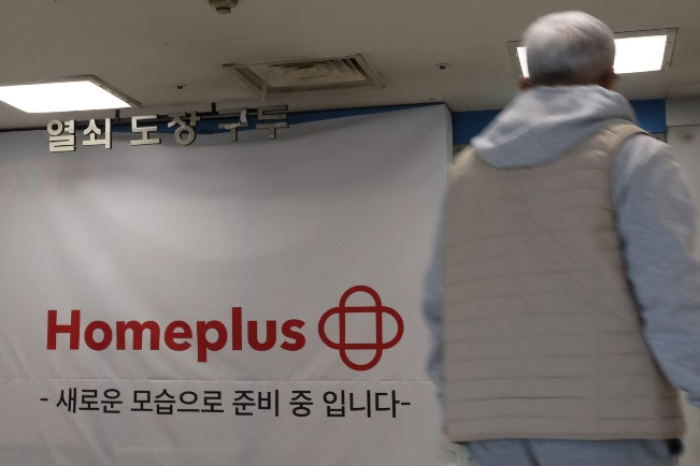
RCPS is a hybrid financial instrument, blending characteristics of both equity and debt. It offers fixed dividends, like interest, and the potential for conversion into ordinary shares.
The value of Homeplus RCPS held by the NPS has swelled to 1.1 trillion won, including interest payments, since 2015.
But the Korean major retailer is placed under a court-led rehabilitation program, which is equivalent to Chapter 11 of the US Bankruptcy Code, after MBK and Homeplus earlier this week filed for court protection of the retailer with the Seoul Bankruptcy Court.
Considering that RCPS is a mezzanine debt, the Korean national pension fund, also the world’s third-largest pension fund with total assets under management of 1,213 trillion won, may not be able to claim its investment and interest payments.
The key is whether NPS’s holdings of Homeplus RCPS are considered debt or equity, said market analysts.
When a debtor is in normal business condition, its RCPS holdings are often redeemed as debt in general. But when the debtor is financially crippled, the RCPS holdings are often converted into shares.
Equity holders, or shareholders, are typically the last to receive any distribution in a Chapter 11 case and only if all higher priority claims are fully paid.
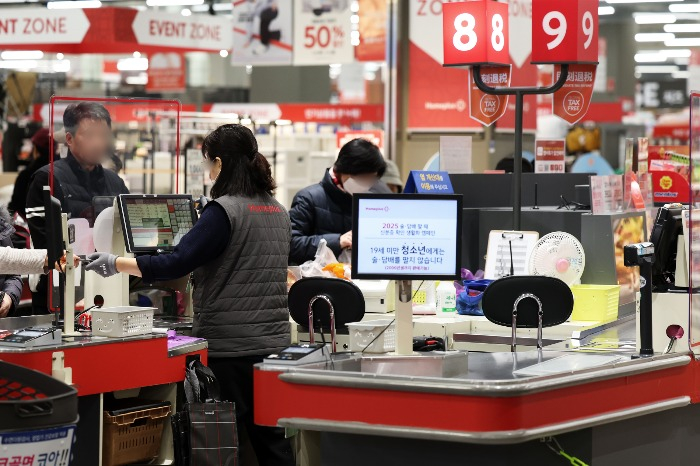
An unnamed official from the NPS declined to comment on whether it could recoup the pension fund’s investment in Homeplus RCPS.
“We will continue monitoring the current situation while doing our utmost to recover our investment,” said the official.
UNDER COURT PROTECTION
On Tuesday, MBK filed for court management of Homeplus after a series of cuts in the retailer’s credit ratings due to the latter’s poor financial health.
The PE firm said it would go all-out to return Homeplus operations to normal through the court-led rehabilitation procedure.
Under the bankruptcy court’s management, Homeplus will restructure its debts and pay creditors while its business continues operating.
Secured creditors, who have a lien on Homeplus’ assets, and administrative expenses like legal fees and employee wages will be paid first, before unsecured creditors.
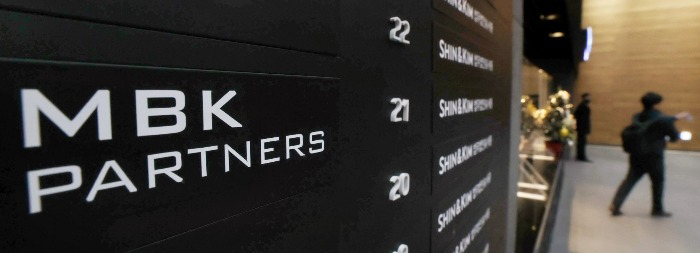
In May 2023, MBK and Homeplus secured a 1.3 trillion won, three-year loan from Meritz Financial Group and affiliates, including Meritz Securities Co., to refinance maturing acquisition debt and cover operational costs.
Meritz Securities underwrote a 1.2 trillion won refinancing package for Homeplus in 2024 in a collateralized loan – it holds secured 5 trillion won worth of collateral on Homeplus’ assets.
MBK assures that it can repay the financial holding firm and its affiliates fully after selling the collateralized assets and spend the remaining to repay other creditors.
However, institutional and retail investors who own Homeplus commercial papers and short-term debts, which are not secured by collateral, could lose most of their investment.
Homeplus has issued CPs and short-term credits to cover operational and other expenses. As of Thursday, the balance of its CPs and short-term debts stood at 193 billion won.
By Gyeong-Jin Min
min@hankyung.com
Sookyung Seo edited this article.

